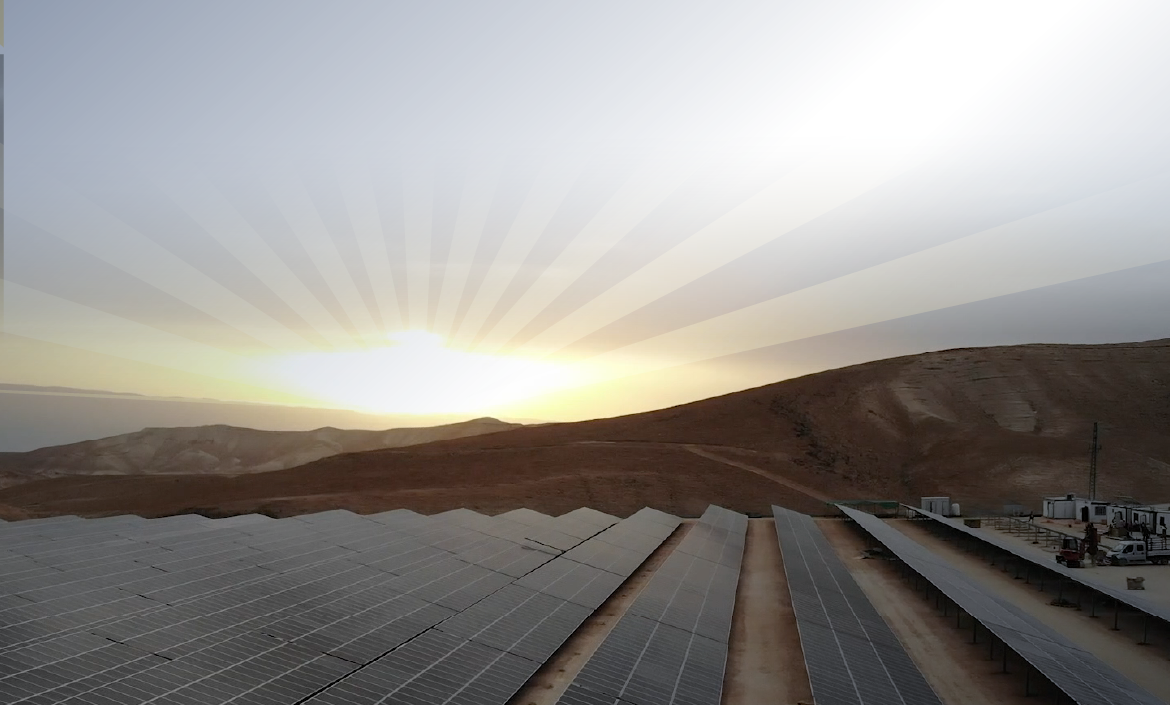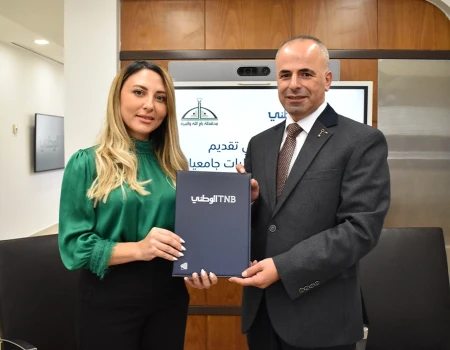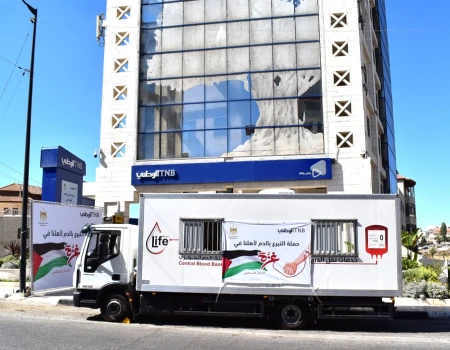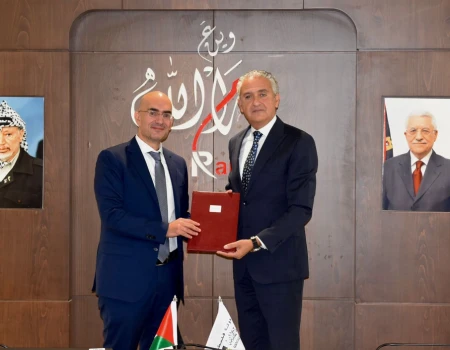Through its investment in the Noor Jericho solar PV plant in 2019, with a share of 1.017 MW to cover the needs of its branches and headquarter under the Jerusalem District Electricity Company (JDECO), The National Bank (TNB) was able to reduce its carbon emissions by 3,900 tons within two years, according to reported results.
TNB’s decision to invest in solar power and reduce carbon emissions forms part of its vision to ensure sustainability in its investments and business, in addition to contributing towards achieving national energy independence by moving towards clean and renewable energy, especially with Palestine being an all-year sunny country.
Commenting on these developments, the Chief Executive Officer of TNB, Salameh Khalil, expressed his pride to see these results as TNB is the first bank in Palestine to invest in solar energy to cover 85% of its needs in clean solar energy. In fact, TNB contributes responsibly to protecting the environment and fulfilling international standards of sustainability. Khalil stated that in addition to preserving the environment and disengaging from Israel when it comes to energy, investing in solar power has a solid return on investment and is financially viable.
TNB abides by international standards for the preservation and protection of the environment as part of its business. This includes TNB’s internal system developed in cooperation with Overseas Private Investment Corporation (OPIC) upon adopting its Social and Environmental Policy in 2016 to follow up on projects financed by the bank. The policy’s aim is to ensure responsible lending with no environmental impact. For 2 years, TNB has been cutting down its emissions and integrating several measures in the social and governance areas, to improve its Environmental, Social and Governance (ESG) scores and ensure its sustainable and ethical operations.






